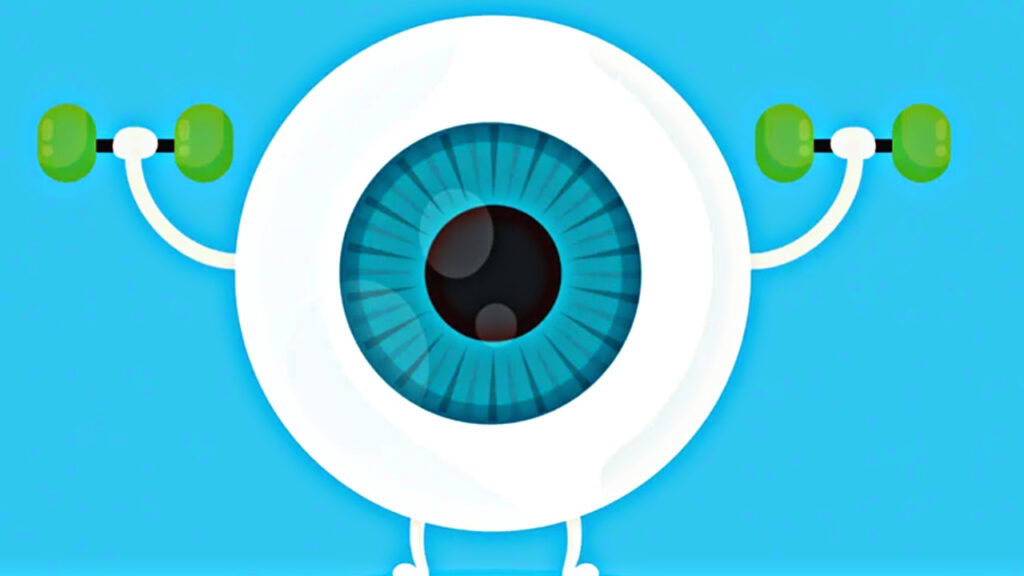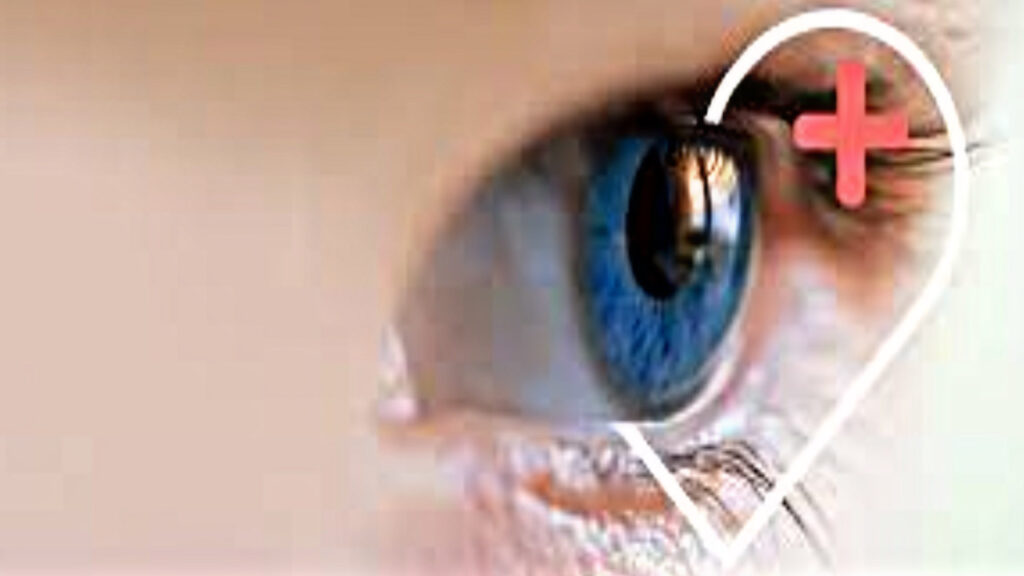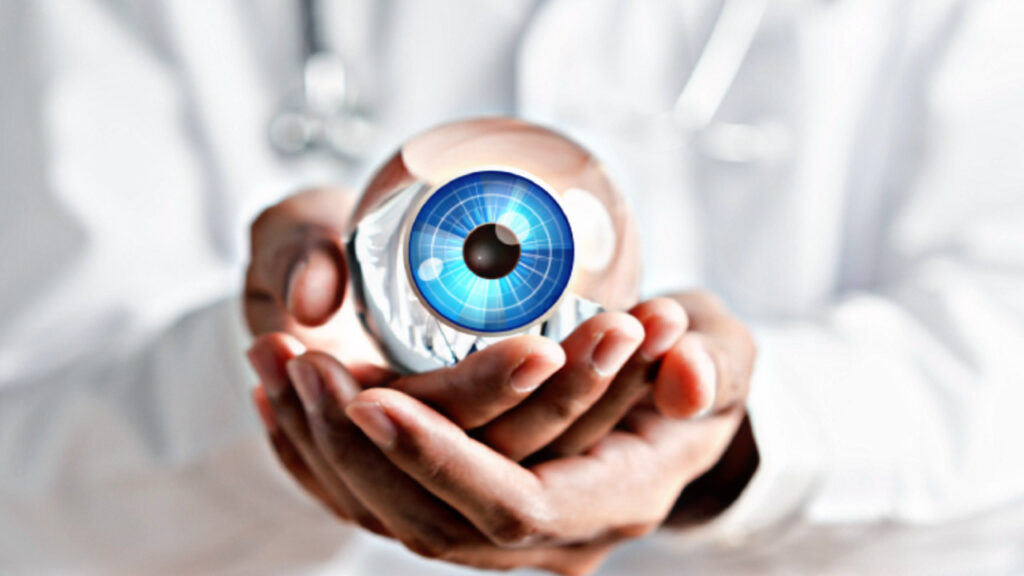Health
Healthy vision is essential for overall well-being, and the importance of proper nutrition in maintaining eye health cannot be overstated. While we often think of glasses or corrective surgeries when it comes to improving vision, many people overlook the role vitamins play in supporting eye function. Various vitamins are vital for maintaining the health of the eyes, and a deficiency in these essential nutrients can lead to vision issues, including the need for corrective lenses like glasses.

Vitamin A and Its Role in Eye Health
Vitamin A is perhaps the most well-known vitamin when it comes to eye health. This powerful nutrient is essential for maintaining the health of the retina, which is the part of the eye responsible for capturing light and sending visual signals to the brain. One of the early signs of Vitamin A deficiency is night blindness, a condition where it becomes difficult to see in low-light conditions.
A severe deficiency in Vitamin A can lead to more serious eye problems, such as xerophthalmia, a condition that causes dry eyes and can eventually lead to blindness if left untreated. To prevent these conditions, it is important to ensure an adequate intake of Vitamin A. This vitamin is commonly found in foods like liver, carrots, sweet potatoes, spinach, and other dark leafy greens.
Vitamin C: The Antioxidant for Eye Protection
Vitamin C is another crucial nutrient for eye health. This vitamin is well known for its antioxidant properties, which help protect the eyes from oxidative stress caused by free radicals. Oxidative damage can increase the risk of developing cataracts and age-related macular degeneration (AMD), both of which can impair vision over time.

Vitamin C helps maintain the health of the blood vessels in the eyes, reducing the risk of retinal damage and contributing to overall eye function. You can find Vitamin C in citrus fruits like oranges and lemons, as well as strawberries, bell peppers, broccoli, and other fruits and vegetables.
Vitamin E and Its Protective Effect on the Eyes
Vitamin E is another powerful antioxidant that plays a key role in maintaining eye health. It helps protect the eyes from damage caused by free radicals and supports overall cellular health. Like Vitamin C, Vitamin E can help reduce the risk of cataracts and age-related macular degeneration, which are both common causes of vision loss in older adults.
Vitamin E can be found in nuts, seeds, spinach, and avocados. Ensuring you get enough of this vitamin may help slow down the progression of certain age-related eye conditions.
Vitamin D: More Than Just Bone Health
While Vitamin D is best known for its role in supporting bone health and immune function, recent research has shown that it also plays a role in eye health. Vitamin D deficiency has been linked to an increased risk of developing eye conditions such as dry eye syndrome and macular degeneration. The vitamin helps reduce inflammation and supports the proper functioning of the immune system, which can, in turn, protect the eyes from infections and other conditions.

B Vitamins and Their Impact on Eye Health
Certain B vitamins, such as B6, B9 (folate), and B12, are essential for maintaining the health of the eyes. A deficiency in these vitamins can lead to an increased risk of developing macular degeneration. These vitamins help reduce levels of homocysteine, an amino acid that can damage blood vessels, including those in the eyes.
To boost your intake of B vitamins, consider including foods like whole grains, beans, poultry, eggs, and leafy green vegetables in your diet.
Maintaining healthy eyes requires more than just regular checkups and protecting them from harmful UV rays. It also involves ensuring you get the right nutrients through your diet. Vitamins A, C, E, D, and certain B vitamins are particularly important for eye health, and deficiencies in these essential nutrients can lead to vision problems, including the need for corrective eyewear. By consuming a balanced diet rich in these vitamins, you can help protect your eyes and preserve your vision for years to come.





